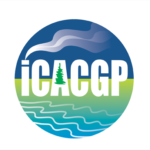April 2024 – Call for applications to SOLAS SSC and ECSC
SOLAS welcomes nominations to its international Scientific Steering Committee (SSC) for a term starting on 1 January 2025. The SSC functions as the central decision-making body for SOLAS and sets the scientific direction and priorities with support from the SOLAS International Project Office (IPO). It reflects the broad diversity of the SOLAS community in terms of scientific expertise, geography, career stage, and gender.
Deadline April 25 – more info here.
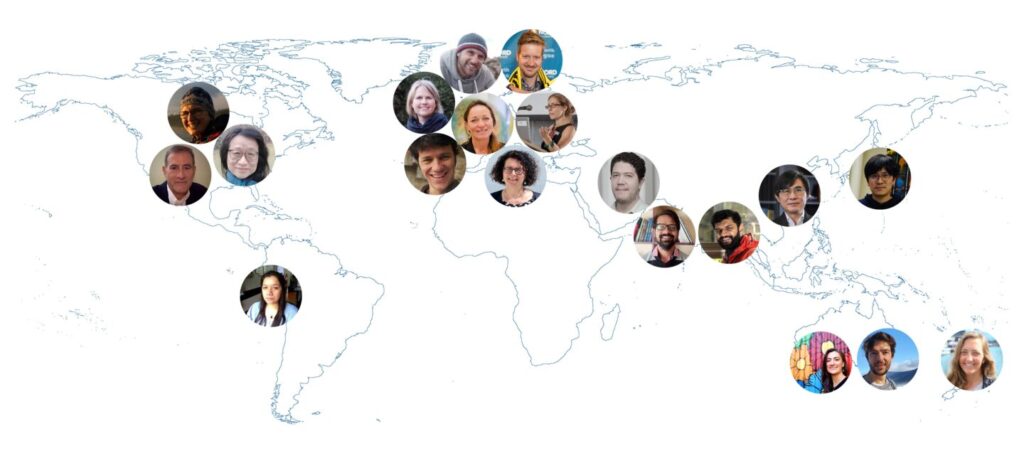
The SOLAS Early Career Scientist Committee (ECSC) is opening a call for new members and welcomes applications from graduate students, postdoctoral fellows and junior faculty members who have received their latest degree within 10 years, with an extension allowance for caregiving leave. The committee members are appointed for a 3-year term or until they can no longer be defined as an ECS.
Deadline April 30 – more info here.
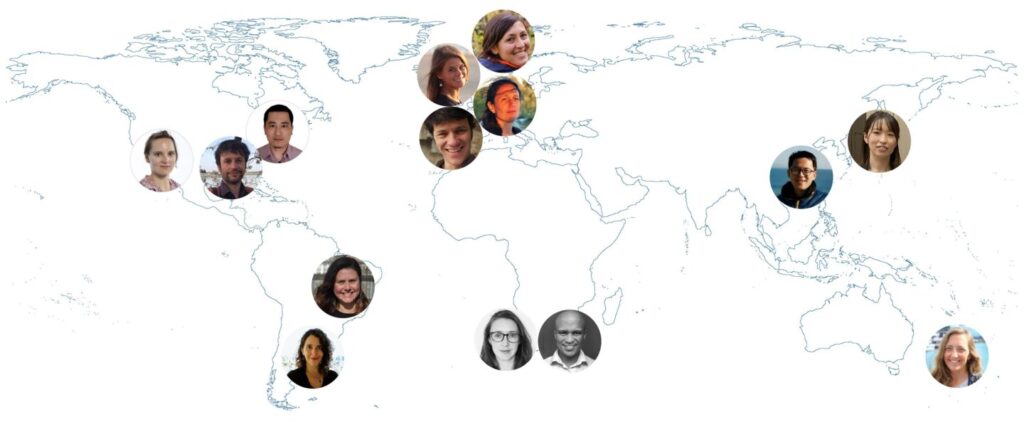
March 2024 – Science, international law, and policy across the air–sea interface
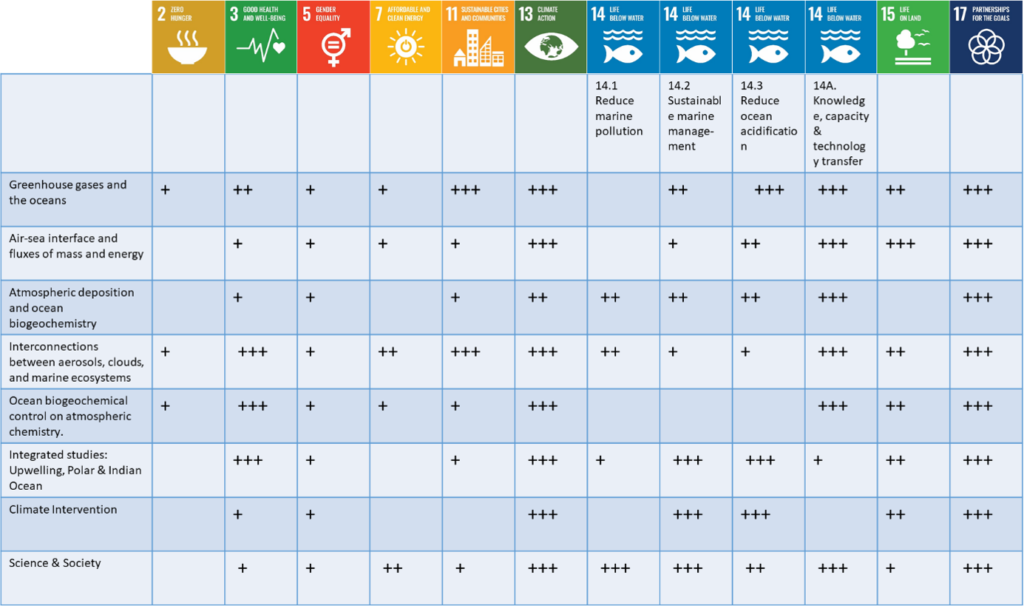
SOLAS scientists recently published an article titled Science, international law, and policy across the air–sea interface in Elementa (link). This perspective article determines the extent to which processes operating across the air–sea interface are considered in international environmental policy. There is a lack of consideration in international regulation of the interaction between the atmosphere and the ocean, something that is not compatible with the environmental reality. Yet, there are examples where the air–sea interface could have been incorporated in international legislation. The question is then why there is a gap between science and policy regarding air–sea interactions. The concept of so-called soft law and related instruments, such as the 2015 United Nations Sustainable Development Goals, might fill these gaps and so does the continuing contribution of SOLAS scientists to international law- and policymaking.
Visit the publication page for more reports, articles and presentations.
March 2024 – iCACGP-IGAC conference, ECR short course, Crutzen prize
Abstract submissions and registrations have opened for the 16th International Commission on Atmospheric Chemistry and Global Pollution (iCACGP) Symposium and 18th International Global Atmospheric Chemistry (IGAC) Science Conference (iCACGP-IGAC Conference 2024), scheduled to take place at the World Trade Centre Kuala Lumpur (WTC KL) in Kuala Lumpur, Malaysia, from 9th to 13th September 2024. Here are some key dates:
- Abstracts Submission: 1 January – 30 April
- Early Bird Registration: 1 January – 30 June
- Regular Registration: 1 July – 31 August
- Online Posters: Week of 2 September
- Early Career Short Course: 6 – 8 September
- Ice Breaker: 8 September
Application to the IGAC Early Career Short Course is open and scientists in a Ph.D. or Master’s Program, or within 3 years of graduation, are welcome to apply. The application for the Early Career Short Course is at this link.
Nominations are open for the Paul Crutzen Prize: The Paul J. Crutzen Award for Early Career Scientists of the International Commission on Atmospheric Chemistry and Global Pollution is granted for an outstanding research contribution in atmospheric sciences by an early career scientist. The purpose of the award is to promote scientific innovation in atmospheric sciences for the protection of the environment. More information about the prize and how to nominate an outstanding ECR is at this link.
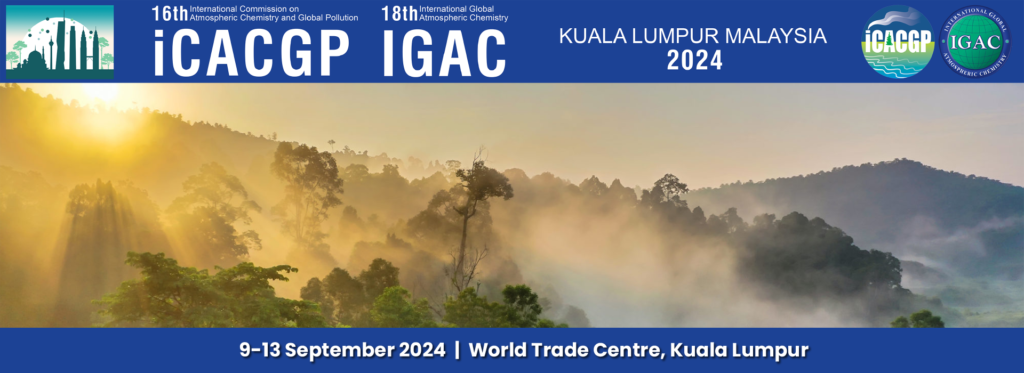
February 2024
A letter recently published in Science by members of the iCACGP commission calls for more ambitious air quality goals than currently exist in the Sustainable Development Goals. The SDG, which only focus on particulate matter, are not enough to protect human health and the environment. The commission argues that including more specific targets for different pollutants the SDGs could facilitate more effective actions, monitoring, and funding. It also suggests that the goals should consider the impact on ecosystems and agriculture. Including these changes would improve data collection, policies, and incentives for air quality control.
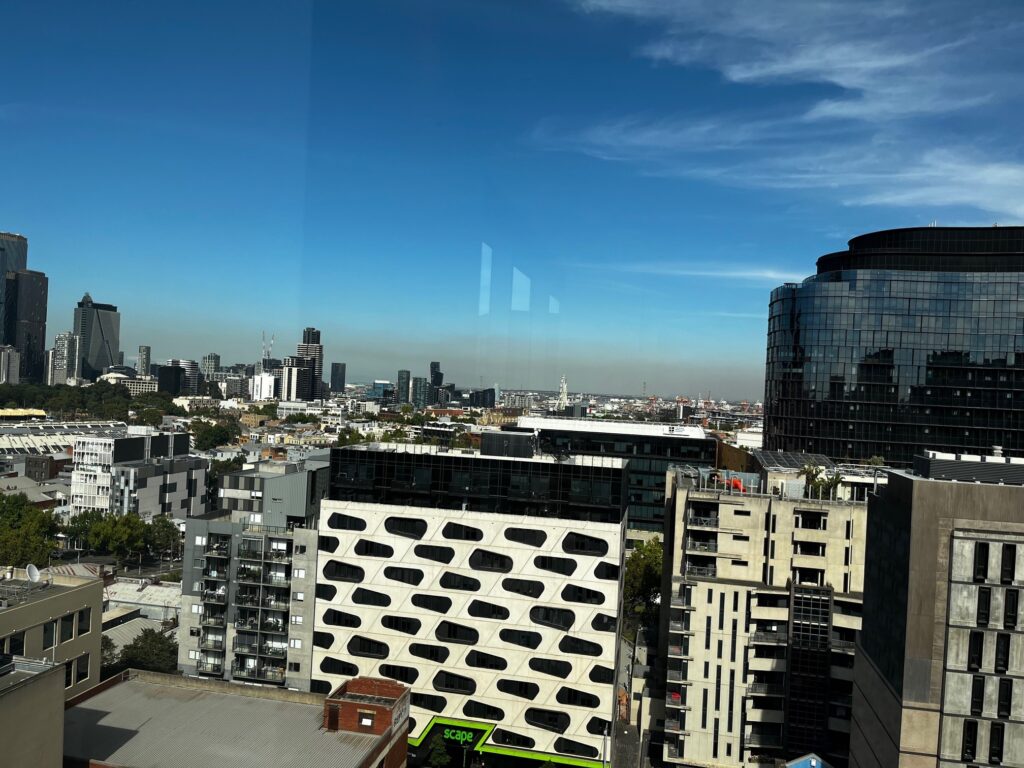
This is an important step forward in the fight for clean air. The iCACGP commission’s recommendations would make a significant difference in the lives of millions of people around the world. We urge policymakers to take note and adopt more ambitious goals in future SDGs.
Visit the publication page for more reports, articles and presentations.
November 2023
On November 17th, 2023, the newly established IGAC-iCACGP Early Career Researchers Scientific Steering Committee hosted its first-ever ECR online conference. The event was organized across three time zones to suit Asia/Oceania – Africa/Europe/Middle-East – Americas, with highlight talks, ice-breaking and climate interactive activities, skills workshops, and poster sessions (Conference Booklet).

One of three poster sessions during the 2023 IGAC-iCACGP ECR online conference. (platform: GatherTown)
The event was organized to showcase the work of early career researchers. Six poster prizes were awarded to:
-Hao Xu (NIES, Japan) for his work on TROPOMI validation;
–Pallavi Sahoo (Utkal University, India) for her work on Ammonia emissions;
–Flossie Brown (University of Exeter, UK) for her work on fire-driven ozone damage to the Amazon;
–Abdelfettah Benchrif (National Center for Nuclear Energy, Morocco) for his work on PM composition;
-Olivia Sablan (Colorado State University, USA) for her work on prescribed and agricultural Burns;
–Facundo Baraldo (Comisión de Energía Atómica, Argentina) for his work on PM2.5 analytical processing.
The prize recipients will be invited to the 2024 iCACGP-IGAC joint conference in Kuala Lumpur, Malaysia, and the 3-day ECR short course beforehand.
The 2023 ECR online conference received sponsorship from IAMAS, ESA, Future Earth, Copernicus Publishing, and NCAS – and support from iCACGP and IGAC members.
September 2022
Some of the pioneers of ICACGP have banded together to write a paper about Chris Junge and his tremendous contributions to atmospheric chemistry for the Journal of Atmospheric Chemistry. Chris Junge was one of the first Presidents of iCACGP (then called iCACR), and he was the first atmospheric chemist to become President of IAMAS.
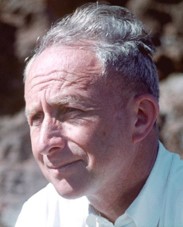
Christian Junge in Tenerife in 1968.
(Photo from Ruprecht Jaenicke)
The paper is entitled “Christian Junge – a pioneer in global atmospheric chemistry” and the authors are Bob Duce, Russ Dickerson, Ian Galbally, Jim Galloway, Ruprecht Jaenicke, Bill Keene, Jos Lelieveld, Chip Levy, Joe Prospero, Lothar Schutz, Franz Slemr, and Peter Winkler. The paper has been published in the Journal of Atmospheric Chemistry.
